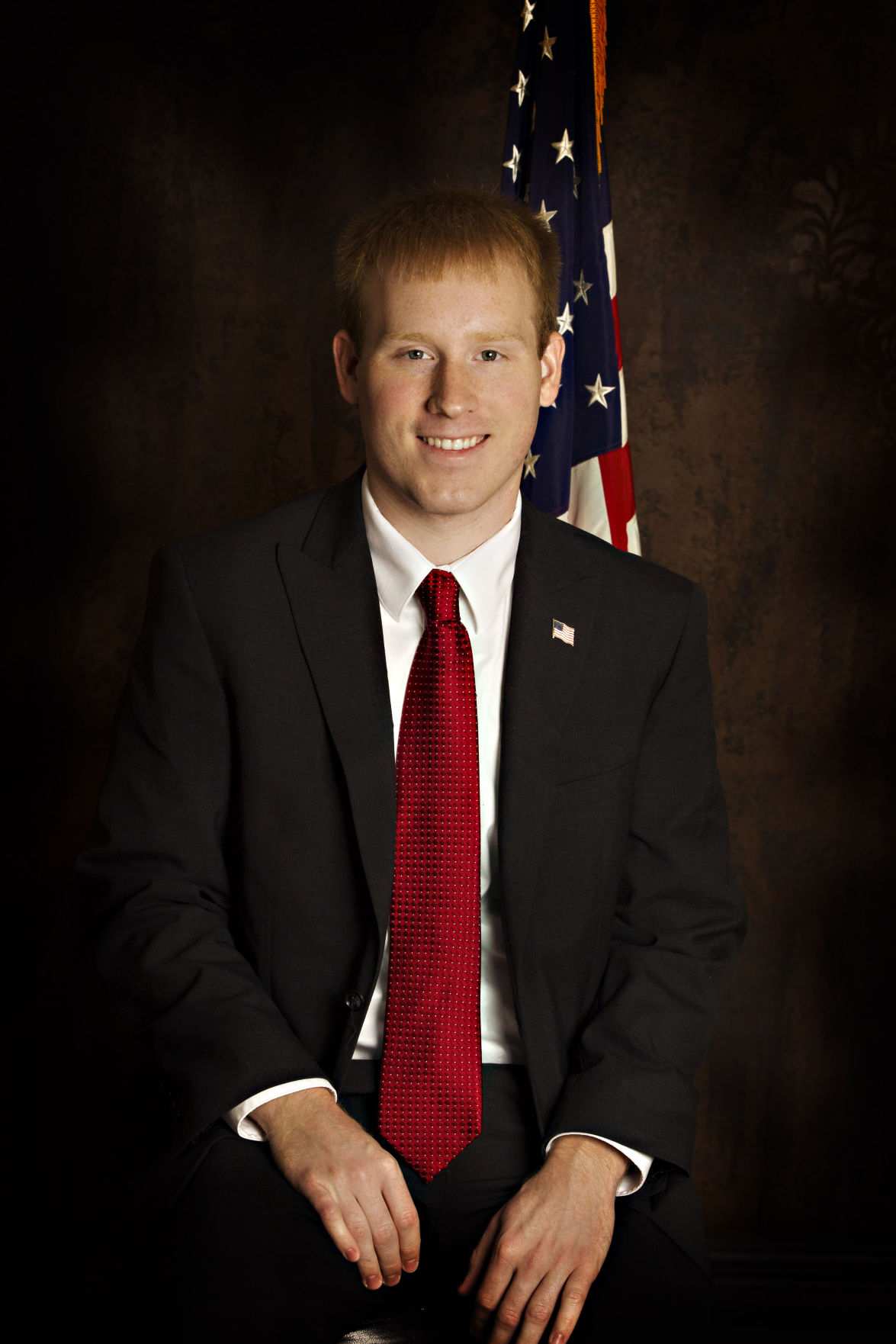Earlier this month, President Donald Trump released “An American Budget,” the administration’s budget proposal for fiscal year 2019. In the section for the U.S. Department of Agriculture, the administration “proposes to optimize and improve crop insurance and commodity programs in a way that maintains a strong safety net.” With the president’s continued war on trade and the significant threats that poses to the agriculture industry and our rural communities in Kansas, I read the above with great satisfaction and thought this was a great change in tone for the administration.
Then, I continued reading…
The administration proposes to “…reduce the average premium subsidy for crop insurance from 62 percent to 48 percent and limit commodity, conservation and crop insurance subsidies to those producers that have an Adjusted Gross Income of $500,000 or less.” According to a K-State Research and Extension news story released in May 2017, the average net farm income in Kansas is $43,161. With the administration’s proposal, crop insurance subsidies would decrease by 14 percent for the average Kansas farm. If the proposal was to limit subsidies for farms that had an Adjusted Gross Income of “$500,000 or more,” that would be a reasonable proposal and something worth consideration. But it is not.
As those of us in agriculture are aware, a 1 to 2 percent hit to our margins can negatively affect our operations for a couple of years. A 14 percent hit, however, poses a significant threat to not only every family farm in Kansas, but to schools and communities across Kansas and the nation. A common misconception is that farmers “get rich” off farm subsidies or when commodity prices spike. This is simply an ignorant notion. Farmers use subsidies to offset low commodity prices and when commodity prices spike, they use the additional revenue to pay down debt incurred to operate during times of low commodity prices.
Some will then ask why the government should stabilize the ups and downs of the farm economy through farm subsidies. The answer is simple: national security and a safe food supply. It is more cost effective and secure to employ farm subsidies to stabilize the ups and downs of the domestic farm economy than to constantly inspect food imported into the United States to make sure it is safe to consume, and thus not a threat to our national security.
If the president is truly in favor of policies that put “America First,” he would recognize the need for maintaining a truly strong safety net for America’s family farms and opening up trade around the world, instead of implementing and proposing policies that continue to favor corporate farms and cronyism. Our way in Kansas is to give people a chance, however, we also hold people accountable. It is my hope that our elected officials in Washington, D.C. from Kansas hold our president accountable and start representing the interest of their constituents. If they don’t, then we must hold our elected representatives accountable at the ballot box and elect those who can represent a broader view of the citizenry.
Trey Joy is the former mayor of Smith Center, Kansas. He and his brother own and operate a sixth generation family farm in Smith County.


